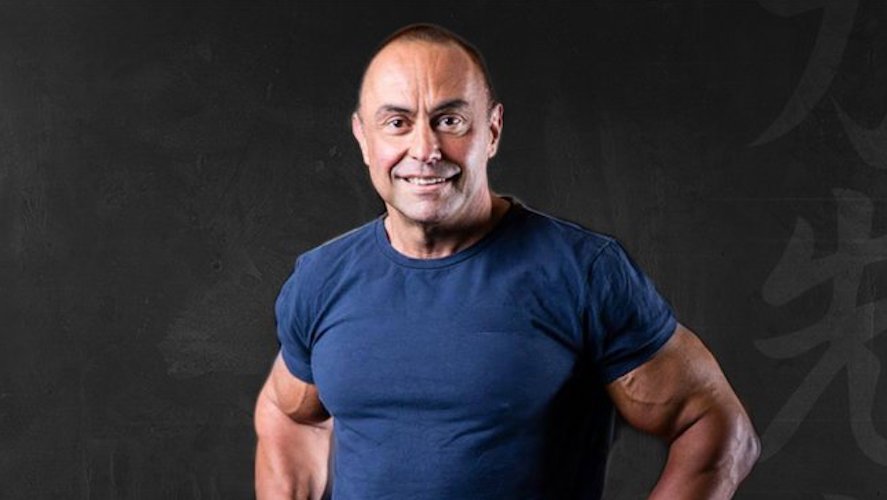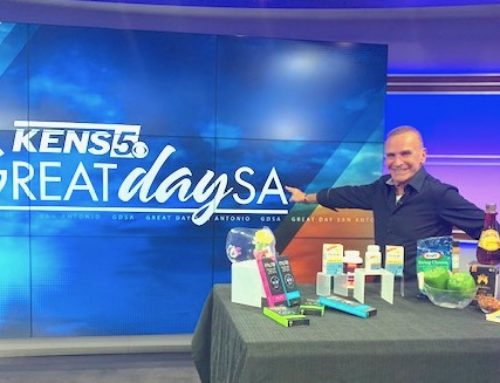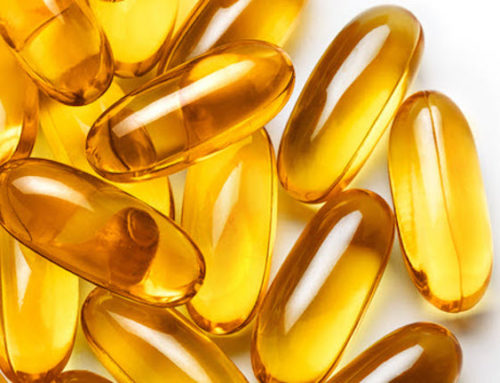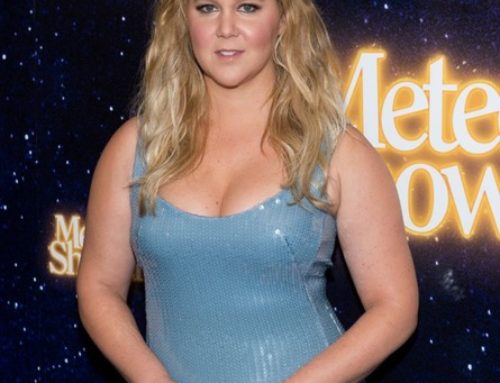As I’ve said many times, lowering cholesterol is easy.
Lowering the risk of heart disease, on the other hand, is quite a different matter.
Cholesterol just might be the most misunderstood molecule in the whole world. Dr. John Abramson, professor of medicine at Harvard University and the author of Overdosed America, says this: “It’s important to keep in mind that cholesterol is not a health risk in and of itself. In fact, cholesterol is vital to many of the body’s essential functions.”
Cholesterol is the parent molecule of some of the body’s most important compounds, including the sex hormones and vitamin D. It’s also an integral part of the cell membrane.
What a lot of people don’t realize is that the vast majority of cholesterol is made in your body by the liver. If you take in more from your diet, the liver will make less. If you take in less from your diet, the liver will make more.
The liver knows exactly what it’s doing. You need cholesterol. Without it, you’d die.
But lowering cholesterol is big business. The cholesterol-lowering drug Lipitor, while under patent protection, was the highest-selling drug of all time with over 125 billion in sales over 14 and 1/2 years. Even today, in 2018, it’s still the 7th most prescribed drug in America. And that’s just one of the statin drugs– the others aren’t exactly financial wallflowers either.
It’s worth noting that many researchers believe that whatever good statin drugs may do has much less to do with their ability to lower cholesterol than their ability to lower inflammation, which is indeed a definite risk for heart disease (as well as a component of Alzheimer’s, obesity, diabetes and cancer).
But we can lower inflammation quite effectively with naturally anti-inflammatory foods (apples, onions, wild salmon) and supplements (fish oil, quercetin,
omega-7, curcumin), not one of which has the side effect profile of statin drugs.
In the famous Lyon Diet Heart Study, which I talk about at length in the book, The Great Cholesterol Myth, 605 people who had previously had a heart attack were either counseled to eat a Mediterranean-type diet (fish, fruits, vegetables, olive oil, nuts) or given the routine post-heart attack bullshit advice (eat a ‘prudent’ diet, and stay away from saturated fat and cholesterol).
The people on the Mediterranean diet experienced 70% less heart disease than those getting the standard avdice”, about three times the reduction in the risk of further heart disease achieved with statin drugs! Their overall risk of death was 45% lower than that of the group getting the conventional advice.
So what do you think happened to the folks in the Mediterranean diet group?
My gosh, their cholesterol must’ve dropped like a rock, right?
Actually no, and that’s the greatest part of this study: Their cholesterol levels didn’t budge!
They just stopped dying.
Let’s repeat that because it’s worth repeating: Though these folks had significantly less heart disease, and significantly less risk of dying, their cholesterol levels didn’t change.
Sure, there’ve been some industry-funded studies showing a reduction in heart disease with cholesterol-lowering medications, but the amount of reduction pales when compared to what’s possible with lifestyle changes.
High-risk men in the WOSCOP study (a statin drug study) achieved about a 30% reduction in heart disease, but the women in the Nurses’ Health Study out of Harvard showed 31% reduction in heart disease just by eating fish once a week, for goodness sake!
As Dr. Abramson puts it, “Most of our health is determined by how we live our lives”.
That’s a powerful—and empowering—message, way more important than lowering cholesterol.














I am constantly bombarded from my doctor about my LDL being high. So far diet correcting hasn’t worked. Would love to get it lower.
Reply to ‘c’ – re-read the above, then consider getting a new doctor.
Also, aim to INCREASE your HDL instead of concentrating on lowering LDL. If your doctor sees your HDL/LDL ratio improving, maybe he/she will stop bugging you about the absolute numbers.
As noted above – the Mediterranean Diet can help improve the HDL/LDL ratio, as can low-stress exercise and stress-reduction activities (walking, music, meditation, yoga, healthy human relationships, etc.).